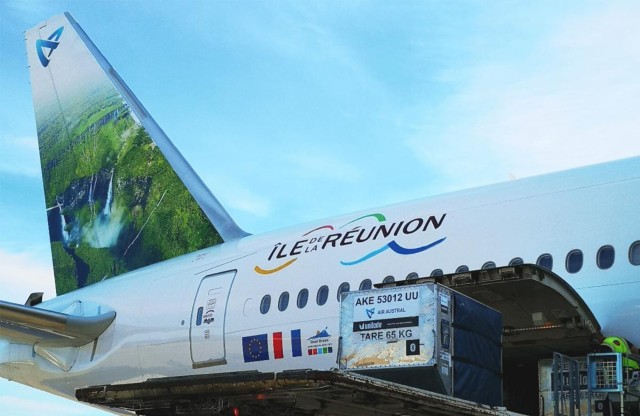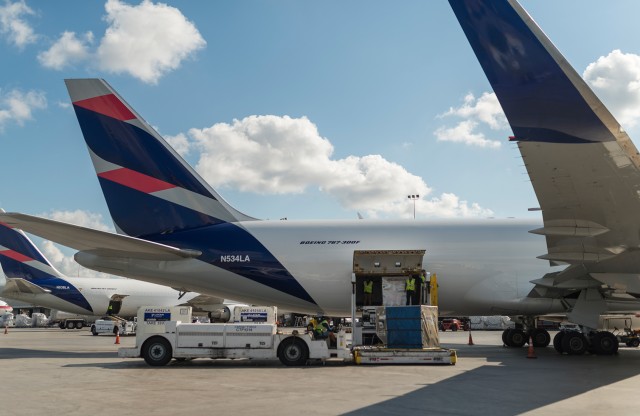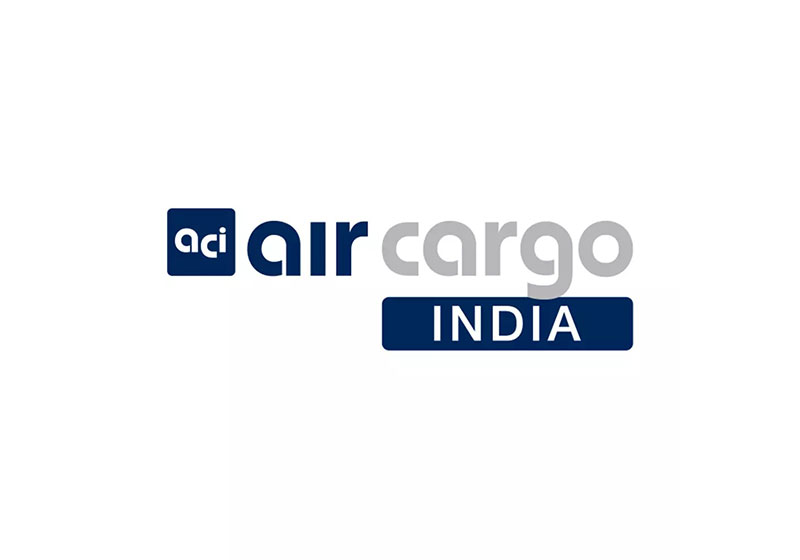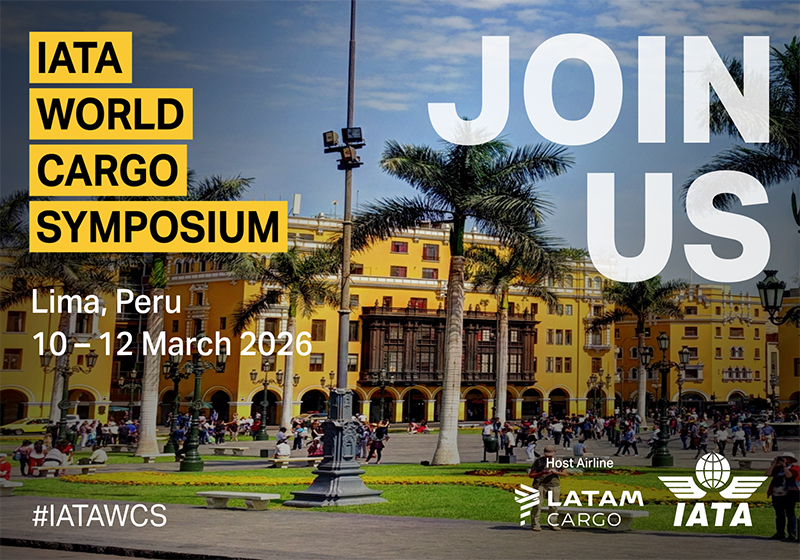As a leader in the use of Sustainable Aviation Fuel (SAF), the Air France-KLM Group is reaffirming its commitment in making the aviation sector more sustainable, and is taking a decisive step forward by signing the first set of long-term supply agreements to cover the SAF needs of its airlines for the coming years.
The agreements cover the supply of a total volume of 1.6 million tons of sustainable aviation fuel between 2023 and 2036, which will avoid 4.7 million tons emissions of CO2 on full lifecycle basis compared to fossil fuels.
First Air France-KLM partners are:
- Neste: supplying 1 million tons over the period 2023 to 2030.
- DG Fuels: supplying 600.000 tons over the period 2027 to 2036.
Partnership discussions are currently underway to add additional suppliers with the aim of gradually establishing a diversified network capable of meeting the supply needs worldwide.
Fully committed to reducing its environmental impact, the Air France-KLM Group aims to reduce its CO2 emissions per passenger/km by 30% by 2030 compared to 2019 – a target which has been submitted to SBTi. Its decarbonisation trajectory factors in the incorporation of 10% SAF by 2030, alongside fleet renewal and eco-piloting. These contracts represent a first step by the Group towards achieving its 10% SAF incorporation targets by 2030 and will cover approximately 3 of the 10% SAF requirements.
By committing to long-term fuel purchases now, Air France-KLM supports the development of the SAF production industry, which is still in its infancy worldwide (in 2021, SAF production represented 0.01% of the jet fuel consumed worldwide), resulting in prices 3 to 4 times higher compared to conventional kerosene. By increasing use and demand, Air France-KLM aims to play its part in increasing the scale of commercial SAF production for wider adoption by 2030.
These significant off-take agreements made by Air France-KLM are key to the Group’s decarbonisation commitments. The efforts will be reinforced by additional environmental commitments in the coming years (new SAF contracts, R&D on e-fuels or hydrogens, Direct Air Carbon Capture and Storage (DACCS), etc.). However, the global objective of zero net emissions by 2050 can only be achieved if all public and private parties work together to make this transition a success. This could involve incentive mechanisms, such as those already in place in the United States and notably in the state of California.
“Decarbonisation is the biggest challenge the aviation industry has ever faced. Air France-KLM is activating all available levers to reduce its environmental impact: fleet renewal, eco-piloting, and the increased use of certified Sustainable Aviation Fuels”, said Benjamin Smith, CEO of Air France-KLM. “The contracts we have signed embody our long-term commitment to the development of SAF production capabilities around the world, to the benefit of the industry as a whole. We look forward to working with Neste and DG Fuels, with whom we have established solid partnerships which will pave the way to the creation of a global network of providers capable of meeting our future needs.”

-purchase-agreements-zNoebGiVQl.jpg)




